To change or not to change. . . that's NOT the question
But what needs changing, and how to change — that is the question.
There are not too many people that like change. As humans, we typically hate change. We would rather stay the same than dive into the unknown. What you don't know feels scary. Even if not desirable, you feel safe in doing what is familiar. You tend to be more comfortable in environments and relationships that you are used to than in those that require a shift. This is true even if what is familiar is unhealthy or unfulfilling.
To avoid change, you frequently lie to yourselves (Warren, 2014a). You think you don't? I am not talking about deliberate, bold-faced lying. I'm talking about the kind of lying that comes from not being psychologically strong enough to be honest with yourself about who you are. You may blame other people for undesirable aspects of your lives or for your feelings. For example, you may blame your unhappiness on external factors and people–your spouse, boss, job, children, lack of money, health. Or, you may create all kind of reasons to justify why you cannot change–you don't have time, energy, desire, or will power to do anything differently.
You may even try to control your environment and other people to make yourself feel safer: You may forbid your children from having close relationships with their step-parents; "punish" your husband or wife when they have a fun night out alone with friends; or act passive-aggressively in your relationship with your team when you don't get your way.
The reality is that change requires work and can be hard. That's why we tend to evade it. But if you evaluate the positive and negative consequences of changing and not changing in the short-term and long-term you will become clearer on why you don't want to change. When you realize where and how you deceive yourself and are willing to take the blinders off, it's worth the work.
You see, not changing always has some benefit, even if you are hurting. Perhaps it is easier not to change because you benefit from not having to confront your fear of the unknown. Perhaps it is easier not to change because you benefit from your lifestyle and are not willing to make choices that could jeopardize your financial security. Perhaps you do not want to change because becoming honest would hurt too much; your dishonesty protects you from pain.
Yet, The bottom line is: As the philosopher Heraclitus said, “The only constant in life is change.” you need to embrace change as a reality of life, because change is a law of life. Not changing is not an option. If you don't take conscious action towards change, the waves of life will force you to change without you having a say on it.
Getting honest with yourself requires action. When you admit that you don't like something about yourself or your life, your best option is to decide what needs changing and how you are going to change. You can't live in fear of change. Usually, when you compare the cost of changing or not changing, the long term cost of not changing is greater.
Your turn:
Take a good honest look at yourself and ask what you need to change. Then, decide how you are going to change it.
P.S.
My offer of a booklet that explains Why change is difficult and how to RESET your brain for success is still available. Click on the button below to claim your FREE booklet.


